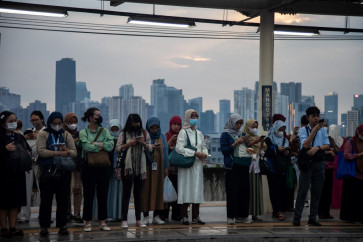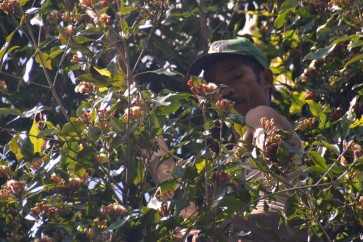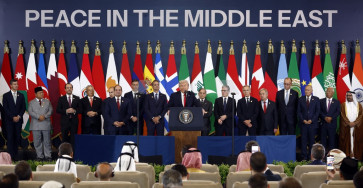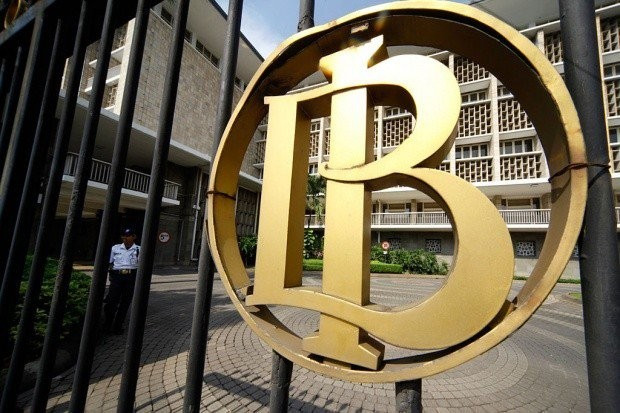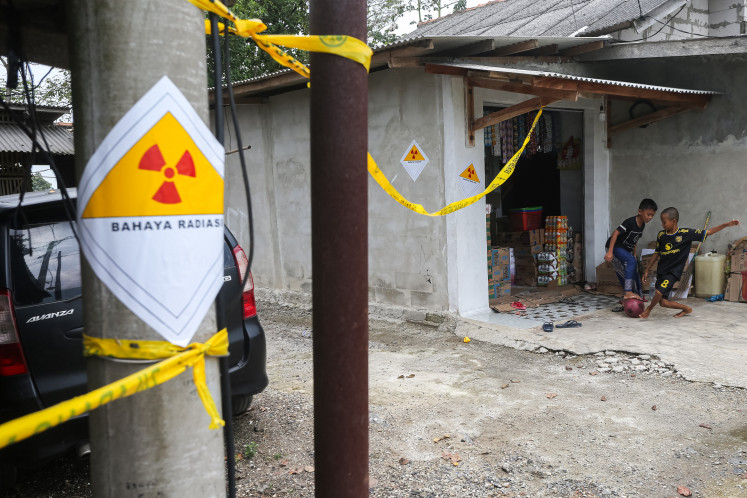Popular Reads
Top Results
Can't find what you're looking for?
View all search resultsPopular Reads
Top Results
Can't find what you're looking for?
View all search resultsNurturing national pride in children
In a weekly assembly at my children’s primary school in Melbourne, Australia, a principal raised a question to all her students: “Who is proud of living in Australia?” Almost all hands were up
Change text size
Gift Premium Articles
to Anyone
I
n a weekly assembly at my children’s primary school in Melbourne, Australia, a principal raised a question to all her students: “Who is proud of living in Australia?” Almost all hands were up. Then she asked another question, “What makes you proud to live in Australia?” One student said, “Public facilities and services in Australia are good.” Another said, “Australia is a safe place to live in for everyone.” The other claimed, “We can play in a lot of parks around the country.”
In another weekly assembly, the principal asked another related question: “What can you proudly show that you are an Australian?” Some students raised their hands again and several things were mentioned such as kangaroos, the flag, the national anthem and food.
As a parent invited to attend this assembly, I was deeply touched by how this school principal nurtures a positive sense of nationalism in her young students. The assembly is held on Mondays at 2:30 p.m. and starts with the solemn Australian national anthem, very similar to the currently almost-neglected Monday morning flag ceremony at Indonesian schools.
The illustration shows how a school principal fosters her children’s sense of national pride. This sense is still considered important in Australia, a country occupying a single but large island. Australian teachers today realize that it is necessary to raise the sense of national pride in their students, who may come from different national backgrounds. They believe that ethnic diversity, race and religious beliefs are blessings for the country that should be considered more as unifying than isolating factors.
This nurturing of national pride and identity is actually more important for the children of Indonesia, an archipelago whose connecting water is larger than its connecting land and whose people’s languages, ethnicities and religions are diverse.
The independence of this country has been gained through the unity of all Indonesian people, regardless
of their ethnicity, religion or local language. They have struggled hand in hand, believing in a better independent life.
Like any other nation-state, Indonesia was established on imagining a shared geography, history, culture and psychological belongingness. The founding fathers of this country have provided a firm principle to maintain these shared elements, that we are united in our diversity. This principle has been proven to more or less survive during the early course of this nation, especially under the combined leadership of charismatic nationalism and the authoritarianism of the first two presidents.
Today, this sense of national pride and unity seems to be weakening among Indonesians, including children. Difference in ethnicity and religion, for instance, has been considered more of a predicament than a blessing. Currently, one of the biggest threats to this national unity, as President Yudhoyono said in April 2011, is radicalism, terrorism and sectarianism. Additionally, a survey by an NGO in Jakarta also shows that more than half of the students in the Greater Jakarta area support violence as a solution for any difference-based disputes. To a certain extent, this sense of national pride and identity in the people may have been lessened by domestic injustices and blatant corrupt practices.
Therefore, what we need today is to maintain and nurture this sense of national unity and pride in the heart of the people, particularly our children.
The smallest unit of society — family — can, as Olson and Spelke claim, introduce the sense of tolerance and cooperative behaviors in children. Indonesian parents can encourage their children to make friends with people of various ethnicities and religions and to be tolerant and proud of the richness of this diversity as the distinction of their homeland.
Supporting parents and civic education at schools should nurture students’ sense of national pride and unity. The Minister of National Education has emphasized the importance of weekly flag ceremonies and teaching national songs at schools to maintain the values of national pride, tolerance, unity in diversity and honesty. These values should not only be verbally didactic, but exemplified through real practices. Instead of becoming a separated moral subject, these values should be inherent in all lessons and become the responsibility of all teachers and principals at schools.
Moreover, teachers should socialize the importance of national pride and unity in diversity within their teaching contexts. In the teaching of English, for instance, not only can the use of Indonesian stories such as Lake Toba and Sangkuriang be a more effective teaching method but also heighten the sense of national pride and identity among students.
English-fluent children who are knowledgeable of the richness of their own cultural diversity can become positively proud but tolerant ambassadors of their country.
Public figures should not only make the eradication of corruption and unjust practices merely rhetoric but real measures.
Considering the relatively escalating violence in our country, it is high time to nurture an environment that can develop and heighten the sense of national pride and identity in our children.
Together, family, school and community can develop this constructive nationalism to minimize any tensions resulting from differences in language, ethnicity and religion. We are longing to see our Indonesian children assertively go global while proudly preserving their national identity.
The writer, a faculty member at the Indonesian University of Education, Bandung, is researching the
national identity maintenance of Indonesian youth in Melbourne for his PhD project at Monash University.


